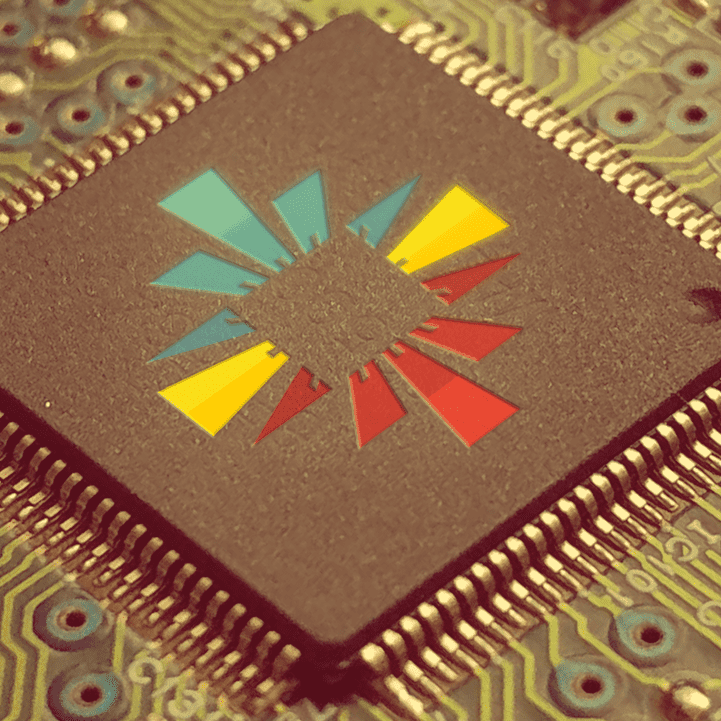University of Bristol part of consortium awarded €4.5 million to build next-generation hardware platform that enhances computing efficiency

A consortium from industry and academia involving the University of Bristol has been awarded €4.5 million by the EU, UK and Switzerland to build a next-generation hardware platform that will transform industries from electrical vehicles to industrial processing and manufacturing.
Edge computing is an emerging model which refers to a range of networks and devices at or near the user. Edge aims to process data closer to where it's being generated, enabling processing at greater speeds and volumes.
Computing at the edge of the network can greatly improve efficiency, improve data security and reduce energy consumption compared to transferring data to the cloud for processing.
This is especially true for industrial Internet-of-Things (IoT) applications, which refers to physical objects with sensors, processing ability, software and other technologies that connect and exchange data with other devices and systems over the Internet.
Embedding some processing capability is beneficial, but impossible with conventional transistor technology due to high temperatures or radiation levels, or both, at the sensing sites.
A team of researchers in the i-EDGE project, will build processors from tiny mechanical relays with moving parts to withstand these harsh environmental conditions. Because these switches operate fundamentally differently from transistors, they can withstand much higher temperatures and radiation levels without failing, while an open air gap in the off state means no standby power is consumed.
The i-EDGE project will exploit the unique properties of nanomechanical switches to build ‘systems-on-chip’ where sensors, the interface to the sensors, the processor, and electronic memory for data storage are densely integrated on the same chip.
Principal investigator Dr Dinesh Pamunuwa of Bristol’s Department of Electrical and Electronic Engineering, explained: “Not only are nanomechanical switches robust in harsh environmental conditions, in our approach, logic and non-volatile memory, a type of electronic memory that retains information when power is switched off, can be built using the same manufacturing process.
"This allows for extremely efficient system architectures that avoid bottlenecks in communication, allowing us to build single-chip systems with integrated sending and processing that consume very little energy, up to an order of magnitude less than possible with conventional techniques.”
The consortium expects the i-EDGE project to provide electronic solutions that unlock the full power of the IoT for industrial processing and manufacturing, electric vehicles, asset tracking, and smart environmental monitoring applications, strengthening EU technological leadership on chip design and manufacturing capabilities, as envisaged by the EU Chips Act.
The team is made up of experts from Microchip Inc. (UK and France), a leading provider of smart, connected and secure embedded control solutions, the University of Bristol, KTH Royal Institute of Technology (Sweden), Technical University of Vienna (Austria), Gesellschaft für Angewandte Mikro und Optoelektronik mbH AMO (Germany), the Swiss Centre for Electronics and Microtechnology SA CSEM (Switzerland) and SCIPROM Sàrl (Switzerland).











